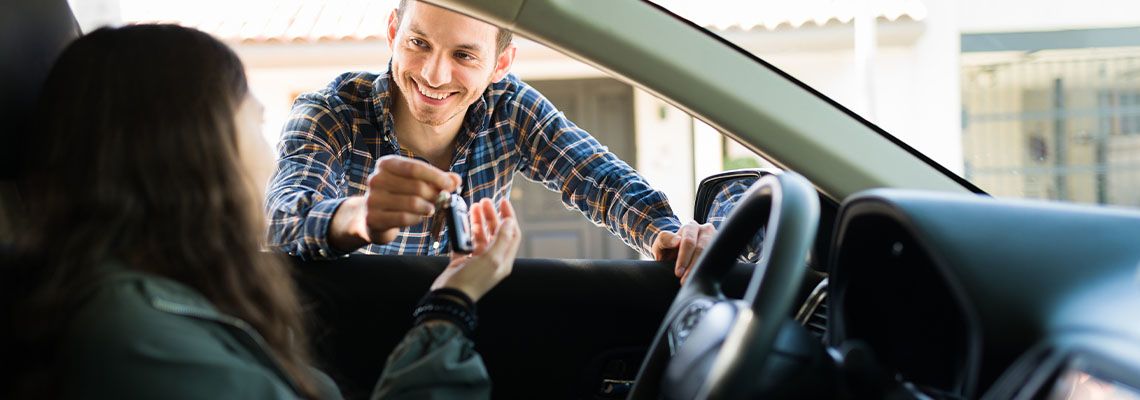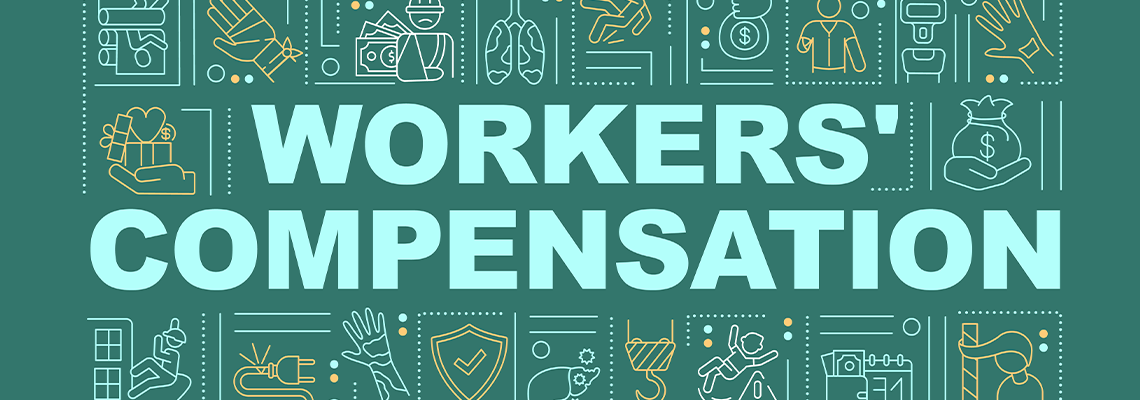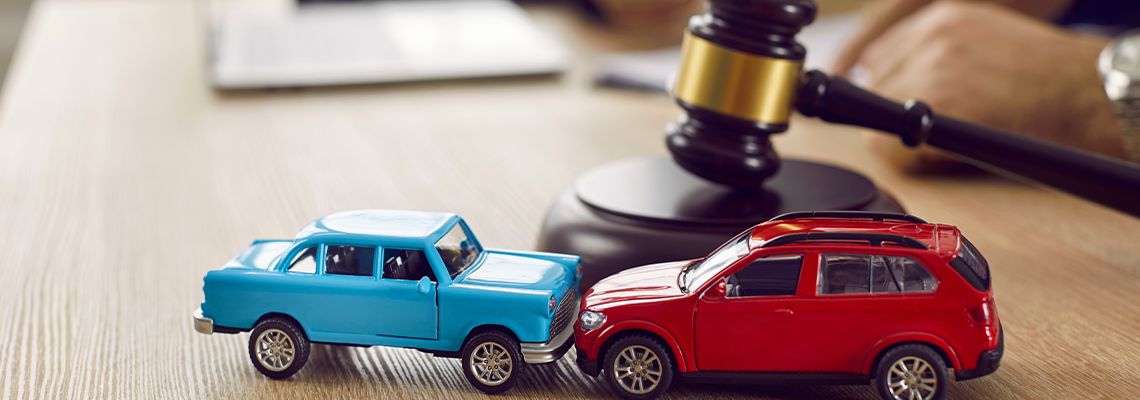Workplace accidents can destroy your life and threaten your livelihood. If that happens, you should know your rights and options regarding workers’ compensation and third-party claims.

3 Things You Should Know Before Letting Your Teen Drive
So, the time has finally come. That bittersweet moment when your teenager earns their driver's license. It marks a significant milestone in their life—a newfound sense of independence and freedom.
And then it also opens up a whole new world of responsibility and potential risks. Before we hand over the car keys to our teens, it's key to understand the important legal aspects of this new chapter in their lives.
1) Your Liability as a Parent
As a parent, you may wonder what your liability is when it comes to your teen's driving. In most cases, Virginia parents can be held liable for any damages or injuries caused by their teen driver. This means that if your teenager gets into an accident while driving your car, you could potentially be financially responsible for any damages or medical expenses.
In the state of Virginia, parents may or may not be held liable for a car accident caused by their teen. It depends on several factors. Here's what you need to know:
Parental Responsibility Laws: Virginia, like many other states, has parental responsibility laws. However, these laws don't specifically address car accidents caused by minors. They're more focused on holding parents financially responsible for damages caused by a minor's willful misconduct, such as vandalism.
Negligent Entrustment: If a parent knowingly entrusts their vehicle to a teen who is incompetent, inexperienced, or reckless, they could potentially be held liable under the concept of negligent entrustment. For instance, if the teenager has a history of reckless driving and the parents allow them to drive anyway, they could be held responsible if an accident occurs.
Family Purpose Doctrine: While some states follow the "family purpose doctrine," which can hold the vehicle owner (often the parents) liable for any damages caused by family members driving the vehicle, Virginia does not follow this doctrine.
Insurance: Typically, in Virginia, the car insurance policy covers all household members, including teen drivers. So, if your teen causes an accident, it's likely your insurance that'll cover the damages, up to your policy limits.
Remember, it's always best to consult with an attorney if you ever find yourself in this situation. They can provide advice based on the specifics of your case. Keep in mind, the information above is general in nature and not intended as legal advice.
2) The Basics of DUI Laws
As parents of teen drivers, we need to be aware of the laws surrounding Driving Under the Influence (DUI). It's not just a matter of telling our kids that it's dangerous and illegal. We need to know the specifics so we can fully educate them on the consequences.
First, let's make this clear — DUI laws apply to everyone, regardless of age. However, for those under 21, Virginia operates a zero-tolerance policy. This means any amount of alcohol detected in their system is grounds for a DUI charge. That's right, even a blood alcohol concentration (BAC) as low as .02% could land them with a DUI.
If convicted, the penalties can be severe. We're talking about a minimum $500 fine or 50 hours of community service, suspension of their driver's license for a year, and possible enrollment in an Alcohol Safety Action Program. And remember, this is for a first offense. Subsequent offenses can lead to even harsher penalties.
Then there's the impact on their future. A DUI conviction can affect college admissions, scholarship opportunities, and even job prospects. It stays on their record and it's not something they can just erase.
But it's not all doom and gloom. As parents, we have the power to set clear rules that prohibit drinking and driving and explain the serious legal implications of breaking these rules. And let's not forget, it's not just about the law. It's about their safety, and the safety of others on the road.
Plus, having an open and honest conversation with your teen about DUIs can help them be more alert and defensive while driving. Because your child may never drink and drive, but there are people out there who do. And they need to know how to stay safe and make smart decisions, even when others around them may not be.
3) What You Should Do After Accident
If your child ever gets into a car accident, it can be a very stressful and overwhelming situation. We hope it's something you never have to go through, but it's always best to be as prepared as possible, just in case. Here's a checklist to run through with your child about what should be done after an accident:
Ensure Safety First: If you're injured, seek immediate medical attention. Even if there aren't any visible injuries, it's still a good idea to have them checked out by a healthcare professional. Some injuries may not be immediately apparent.
Notify the Authorities: Call the police, even if the accident is minor. They'll create an official report which can be useful later if there are any disputes about who was at fault.
Document the Accident: Encourage your child to take photos of the accident scene, including all vehicles involved, any road conditions, or signs, and injuries if present. This could be valuable evidence in case of legal proceedings or insurance claims.
Contact Your Insurance Company: Report the accident to your auto insurance company as soon as possible. They can guide you through the claims process.
Consult a Lawyer: If your child is at fault, or if there are significant damages, injuries, or disputes about who is at fault, it might be wise to consult with a car accident attorney. They can help protect your interests and navigate the legal process.
If both you and your teen driver understand this checklist, it can help minimize stress and confusion in the event of an accident. Remember, accidents happen, but being prepared can make a huge difference.
Bonus Thing to Know: An Attorney Is Here to Help
Remember, becoming a skilled and responsible driver doesn't happen overnight. It's a journey that requires time, practice, and patience. But with involvement and ongoing support, we can help our teens navigate the road safely and confidently.
If you or your teen ever needs legal representation after a DUI, car accident, or another traffic incident, know that our attorney at Forbes Law Firm is here to help. We serve clients and families throughout Hampton Roads, Virginia, and the surrounding areas of Hampton, Newport News, Poquoson & York Counties, and Williamsburg.
RECENT POSTS
Dealing with a car accident can be an overwhelming experience on its own. But what people don't always disclose is that, depending on the details of the accident, the insurance claims process can be the most painful part of the whole ordeal.


